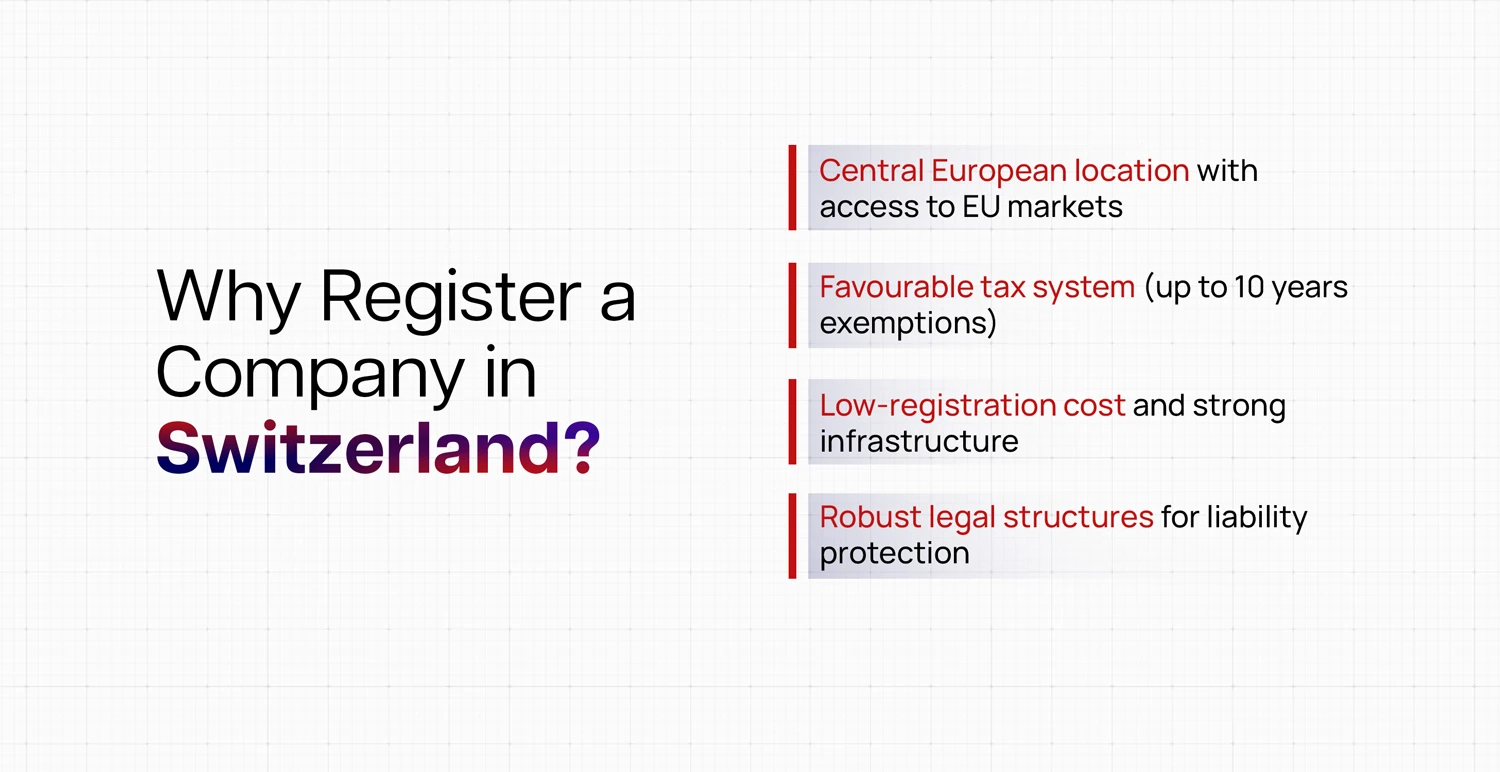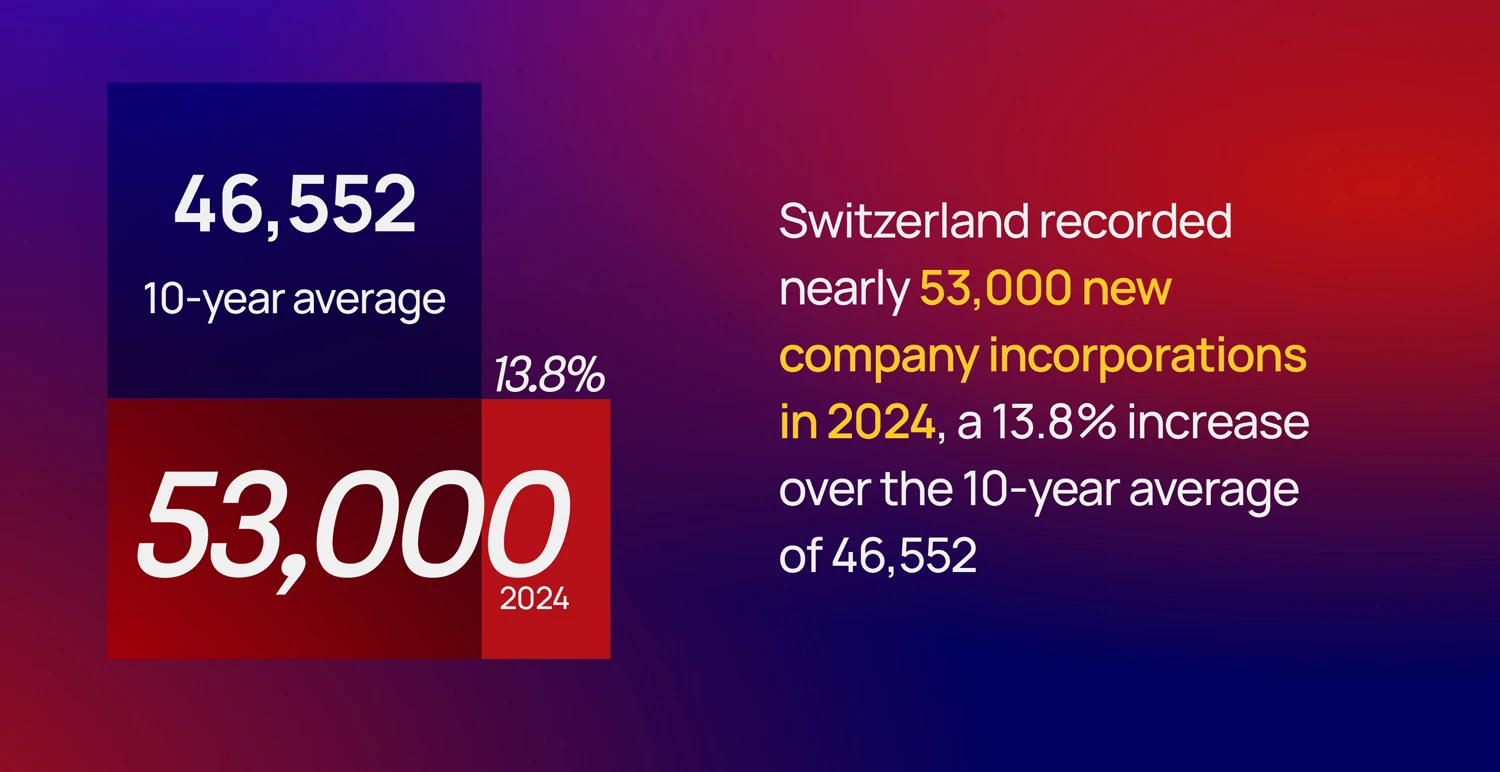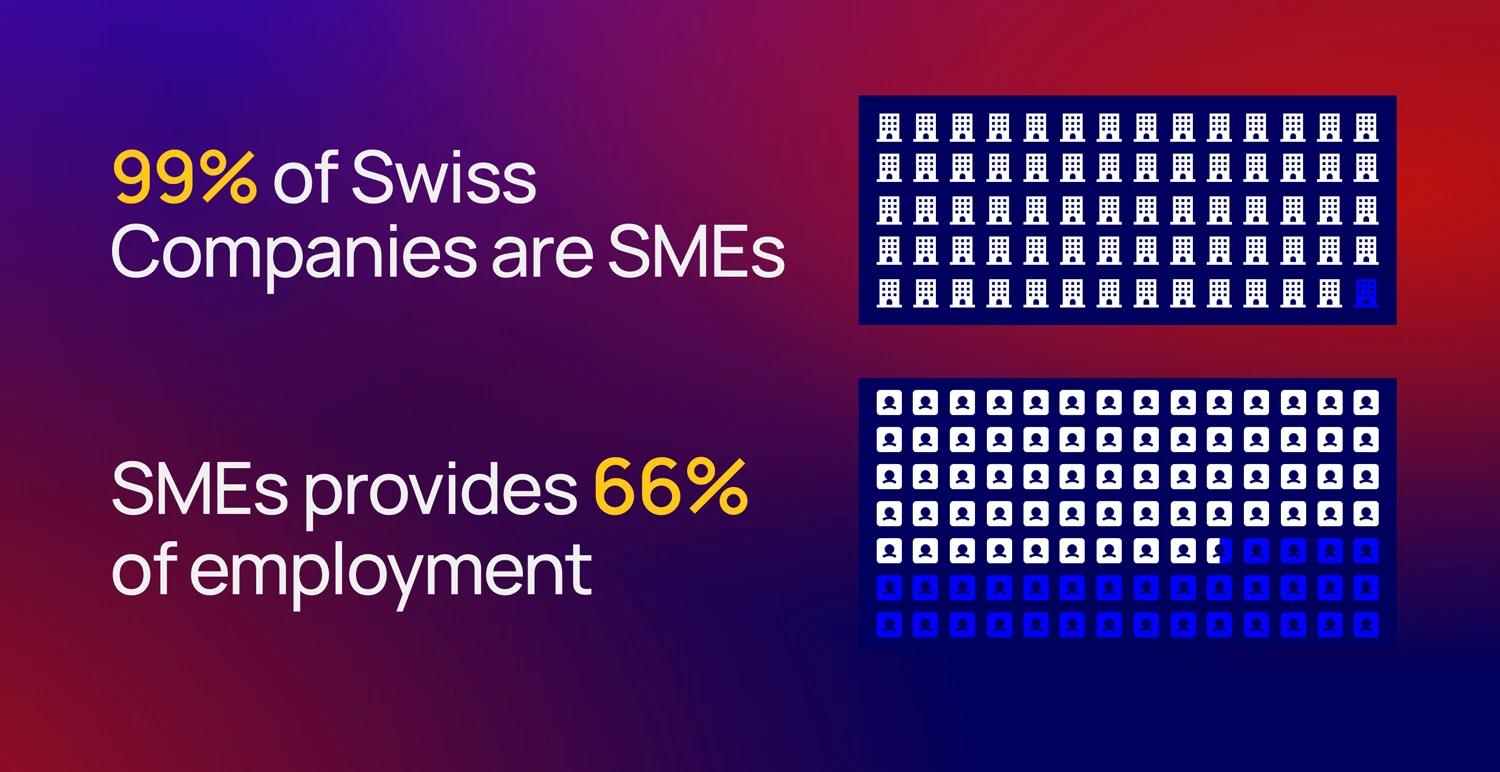Enterprises bracing up for a company formation in Luxembourg must choose the most appropriate legal structure. In this country, businesses can select several structures based on their sizes and needs. Check out this overview of the most common types of companies in Luxembourg.
Larger companies planning to raise capital through public offerings are public limited. Forming such a company requires a minimum share capital of EUR 30,000, which must be fully subscribed. 25% of this capital should be paid up during the company incorporation process. In an SA, the governance structure is complex, and includes a board of directors and general meetings.
For small or medium-sized businesses, the private limited structure is ideal during the Luxembourg company Incorporation process. The minimum share capital required for form such a company is EUR 12,000. Enterprises mostly form private limited companies in Luxembourg considering its relatively simple setup and management structure. This business structure suits small startups and requires low initial capital.
There are two types of partnership structures in the country. Companies doing business in Luxembourg can follow the general partnership structure, where all the partners share unlimited liability, or limited partnership (Société en Commandite Simple – SECS). A limited partnership company involves a mix of general partners with unlimited liability and limited partners whose liability is restricted to their investment.
The overall timeframe for the legal proceedings during Luxembourg company incorporation takes around two weeks. However, companies need to follow several steps, which we have comprehensively outlined for your convenience.
Based on the nature of your business and its scale of operation, determine the most suitable legal structure from the four broad categories presented earlier in this guide.
Prepare the articles for setting up a company in Luxembourg. It should provide adequate information about the purpose of the company, its capital structure, and governance. The document has to comply with the law in Luxembourg, so make sure to seek professional consultancy during the process.
The articles of incorporation must be authenticated, so businesses need to get them certified by an authority. This ensures the genuineness and legality of the articles.
Depending on the type of business structure you selected, make sure to meet the minimum capital requirements. For instance, the minimum capital share for an SA is EUR 30,000, while that for a Sàrl is EUR 12,000.
Any entity doing business in Luxembourg would need a bank account in the country to deposit the necessary share capital. On receiving the deposit, the bank will issue a certificate, which businesses require during the registration process.
Submit the notarized articles of incorporation and the bank certificate to the RCS. This is the official step for your company formation in Luxembourg, and the RCS will generate a unique registration number for your business.
Reach out to the Ministry of the Economy to apply a business permit. Most commercial activities in Luxembourg require this permit, ensuring that your business adheres to the national guidelines.
The business-friendly tax regime of Luxembourg is one of the primary reasons it attracts global companies. Entities doing business in Luxembourg must understand the tax structure, as presented below.
Resident companies in Luxembourg need to pay corporate income tax (CIT) on their worldwide income. The CIT rate is around 24.94%, including the solidarity surcharge. Businesses in Luxembourg with a taxable income over EUR 200,000 are liable to pay CIT at this rate. Businesses with lower levels of income benefit from reduced tax rates.
Companies operating in Luxembourg need to pay a municipal business tax in addition to CIT. The rate of MBT is subject to variation based on the municipality. This tax is levied on the net profits of the company. In Luxembourg City, the municipal tax rate is currently 6.75%.
The net assets of businesses operating in Luxembourg are subjected to a net wealth tax (NWT). For net assets up to EUR 500 million, this tax rate is a nominal 0.5%, while the portion exceeding this threshold is taxed at 0.05%.
At 17%, the VAT rate in Luxembourg is the lowest in the EU. Specific goods and services like food, books, and medical supplies are taxed at reduced rates of 8%, 3%, and 0%. After setting up a company in Luxembourg, the entity needs to register for VAT and adhere to the prescribed filling requirements.
Luxembourg levies withholding taxes on dividends, interest, and royalties paid to non-residents. On dividends, this tax rate is currently 15%, although there’s a provision of reducing or eliminating it altogether under double tax treaties or the EU Parent-Subsidiary Directive.
Businesses operating in Luxembourg enjoy several tax incentives. The government actively encourages innovation and investment in the country, and comes up with:
It’s imperative to consult reputed tax professionals for a detailed insight into these incentives.
Luxembourg attracts foreign investors with several tax incentives. These perks encourage investment and innovation, fueling better economic growth.
New investors in various sectors like industry, crafts, and services receive financing options from the National Credit and Investment Corporation. This financing may be available in the form of equity investments, loans, or guarantees, helping businesses secure the necessary capital for growth.
Companies undertaking new investments in Luxembourg benefit from significant tax relief. This includes investment tax credits that encourage business expansion.
The government of Luxembourg encourages innovation and provides generous incentives for R&D activities. Companies engaging in R&D can benefit from tax credits and grants. This covers a significant part of their research expenses.
Luxembourg also promotes sustainable development through incentives for investments in green technologies. Businesses investing in eco-friendly technologies can receive grants and tax incentives.
Luxembourg has signed double tax treaties with more than 80 countries. These treaties eliminate double taxation, making the country a highly sought-after business hub.





































 IMC Group
IMC Group